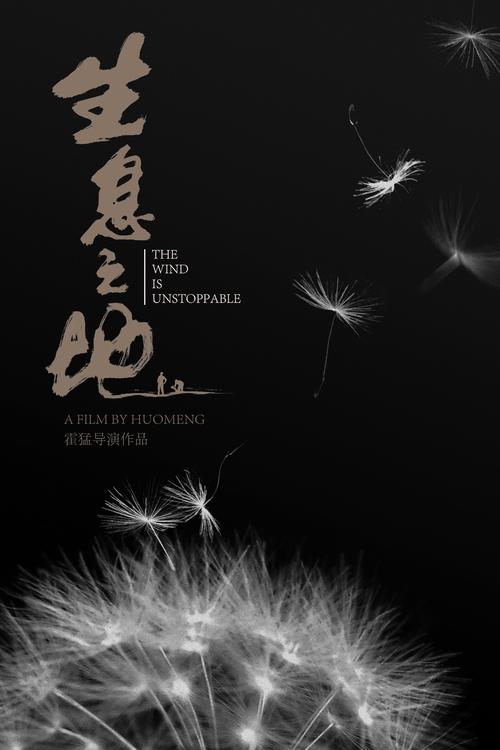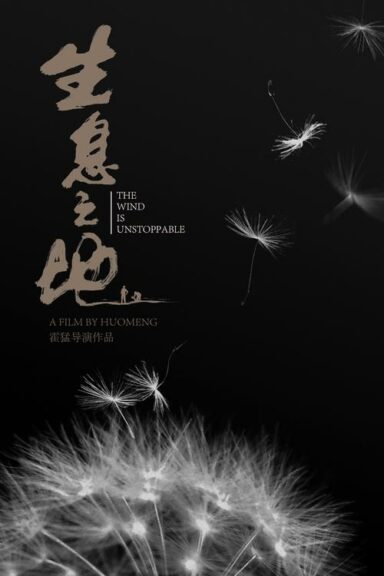
A film by Huo Meng
With: Wang Shang, Zhang Chuwen, Zhang Yanrong, Zhang Caixia, Cao Lingzhi, Zhou Haotian, Jiang Yien
With both parents working far away, ten-year-old Chuang is being raised by extended family in his home village, where thousands of years of rural tradition collide with the socio-economic changes of China in the early 1990s.
Our rate: **
A first film out of time, out of fashion, that questions and shows on screen the forgotten China, the agrarian one, where tradition dictates time, where community life mixes with the family, an almost blurred concept, in total isolation from what may be playing out in the world, or in China’s big cities. Meng Huo focuses on a point of departure and a point of arrival, rather close in time, but which will give rise to 3 funerals and a wedding, to the flight of part of the family to Shenzen, to births too, all while time seems suspended, even though modernity seems to be peeking through its nose. The small tractor replaces the ox to cart wheat and move graves. The Chinese director seems very much inspired by a Chinese cinema that loves grand frescoes (one thinks more of Bride and Concubines than of Jia Zhang-Ke), and for a first film, he surprises in that he manages to hold on to the thorny thread on which he has embarked: maintaining a family plot to some extent, delivering a collective portrait with very little individuality, recounting a China forgotten by the image, suspended. Whether it’s a trademark or a vision, the film is also notable for the coldness it conveys throughout, with strong emotions all but outlawed and replaced by false, theatricalized emotions, as the population seems totally imprisoned under the weight of age-old traditions, set up as a vital law. Thus, a mentally handicapped young man is treated almost like an animal, the young aunt is forced to marry a stranger, and confessing her desire to divorce is strongly dissuaded by her mother, the most blatant symbol being the dream of a young boy, the story’s teller, who sees the family left for dead, another boy still breathing and immediately moving on. Living the land (Leaving the land ?) can be appreciated in much the same way as early Hou Hsao Hsien works: we contemplate a present time that is based on an ancestral past, remains frozen in that past, but could undergo intense mutations with the arrival of modernity. Where the taiwanese master sought to show the mechanisms of modernity, but also its virtues, despite his tenderness towards time standing still, Meng Huo chooses a very different approach: he introduces modernity and the changes that accompany it in very small ways, through an almost insignificant symbol, but above all never turns his camera away from the land he is filming; The town in the distance will remain in the distance, even though the story takes place in the 90s, to show us that even today, modernity has very little impact on the agrarian world, and that what was valid yesterday continues to endure for a few Chinese populations whose lives seem programmed.

